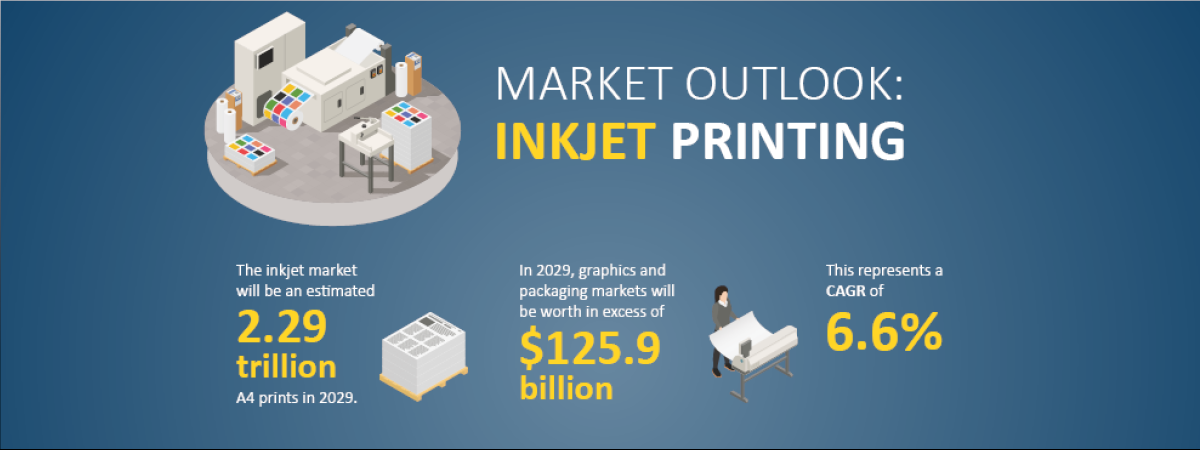12 June 2013
Restrictive Covenant found to be Enforceable
Restrictive covenants ("RCs") are the contractual terms restricting an employee's activities after termination and are often critical to some employer/employee relationships, particularly where the employee concerned is senior or vital to the employer's business.
RCs can be void unless the employer can show that it has a legitimate business interest to protect and sought to enforce the covenant no further than was reasonably necessary to ensure that protection. RCs can also be invalidated by an employer terminating an employment contract in breach of its terms, including where an employee resigns and claims constructive dismissal in response to a perceived fundamental breach.
Getting the balance between the restrictiveness and reasonableness of RCs is extremely difficult but some clarification has been given in the recent case of Romero Insurance Brokers Ltd v Templeton & Another.
Here Mr Templeton was a Senior Insurance Broker brought in by Romero in 2011 to increase business via his valuable network of existing clients. Mr Templeton, in Romero's opinion, did not achieve the aim he was retained for, and so the following year he reluctantly agreed to a reduction in his basic salary. Romero later thought that it would be best if Mr Templeton was moved to a different role in another office undertaking business development work rather than servicing existing clients, thus effectively make his existing role redundant.
Romero advised Mr Templeton he was at risk of redundancy and attempted consultation. Mr Templeton refused to engage in the process and so was unaware of Romero's apparent intention to redeploy him to another role elsewhere. Believing his dismissal was a foregone conclusion, Mr Templeton resigned citing a total loss of trust and confidence in Romero, stemming initially from his salary reduction and culminating in what he thought to be a sham redundancy.
The day after his resignation Mr Templeton commenced employment immediately with one of Romero's competitors; a large number of Romero's clients followed Mr Templeton to his new employer.
Mr Templeton's contract of employment stipulated a 12 month non-solicitation clause, which restricted him for 12 months from doing business with any person who had been a customer of Romero in the previous 6 months prior to him leaving the company.
The High Court upheld the covenant and awarded damages and an injunction to Romero. They dismissed Mr Templeton's argument that he had been constructively dismissed as a result of a sham redundancy. The reason for the latter decision was that Romero had attempted to consult with Mr Templeton, although ultimately in vain as he refused to engage in the process, and that overall its conduct could not be said to be repudiatory or amounting to a fundamental breach of contract freeing Mr Templeton from the restriction.
The Court also found that the 12 month covenant was reasonable in the context of this particular industry, where policies are generally renewed annually, and so the length was justified and the business interest that Romero sought to protect was in this instance wholly legitimate.
Conclusion
This case once again highlights the importance of RCs to employers as well as the inherent difficulty and numerous obstacles they must overcome in order to seek enforcement of the same. This case also provides context to the duration of RCs in that it shows that the conventions, customs and practices of a particular industry can have direct bearing on whether the duration of the covenant will be justifiable.
 Intergraf Economic News (Paper Prices) - March 2024
Intergraf Economic News (Paper Prices) - March 2024
18 March 2024
Access the latest edition of the Economic Newsletter for the European Printing Industry for data on paper consumption, and pricing data for pulp, paper and recovered paper. Data for packaging papers and board is also available with this edition.
 UK to follow global expansion of inkjet printing
UK to follow global expansion of inkjet printing
21 March 2024
The latest expert analysis from Smithers identifies the potential of the latest generation of inkjet systems to improve profitability across the global print market. Read more about the new report The Future of Inkjet Printing to 2029.
The BPIF is the printing industries champion. By becoming a member you join a diverse and influential community. We help you solve business problems, connect you to new customers and suppliers and make your voice heard in government.
Call 01676 526030









